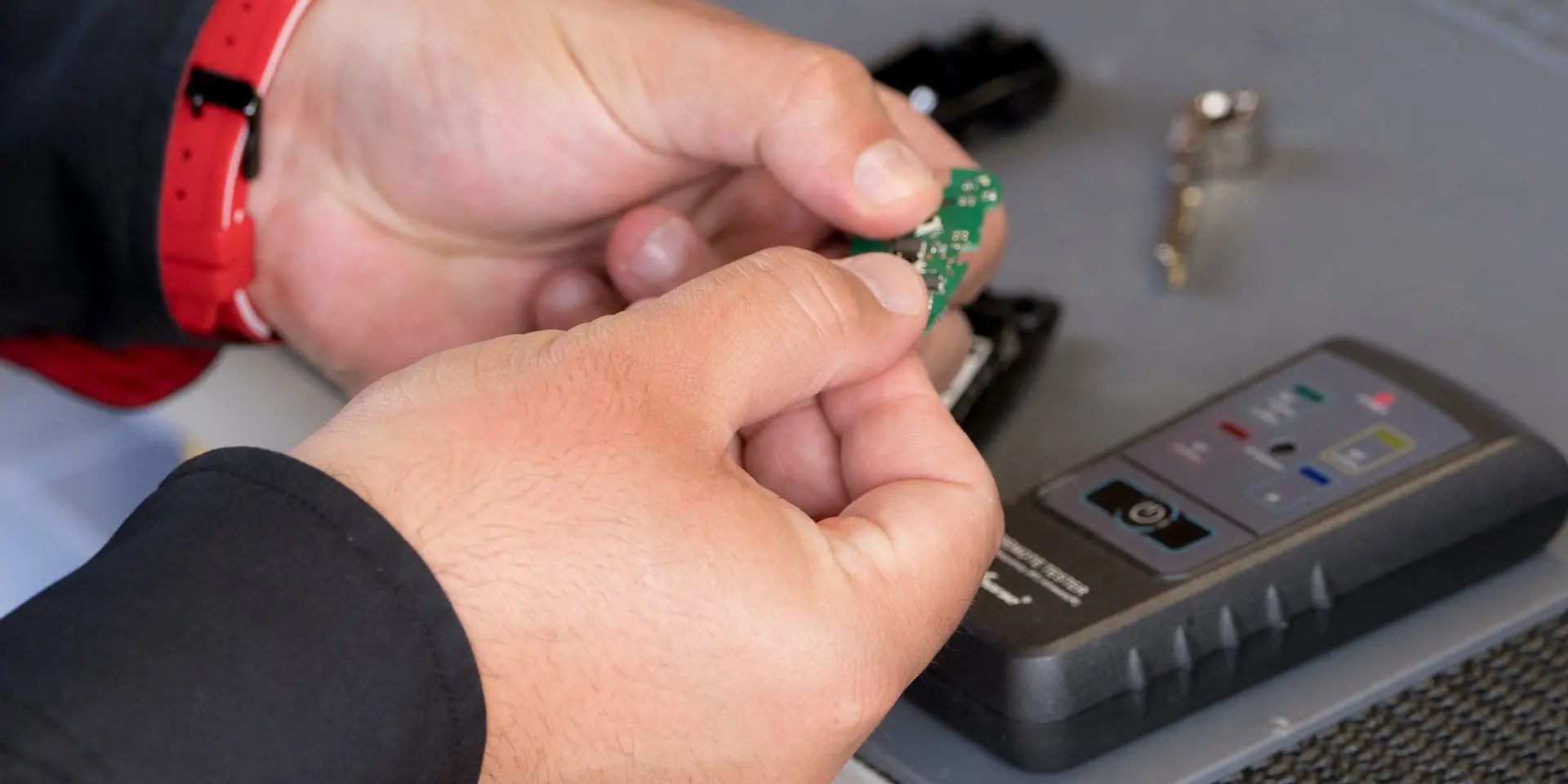
16
七月What's The Current Job Market For Vehicle Lock Repairs Professionals?
Vehicle Lock Repairs: Ensuring Safety and Security
In a world where vehicle theft and burglaries are prevalent, guaranteeing that a vehicle's locking system is working efficiently is vital for both safety and security. Vehicle lock repairs incorporate a series of fixes and upkeep procedures that deal with issues associated to locks and ignition systems. This short article supplies an overview of the types of vehicle lock concerns, indications of breakdown, repair alternatives, and preventative procedures while likewise answering some regularly asked questions.
Understanding Vehicle Lock Mechanisms
Vehicle locks utilize numerous mechanisms that vary amongst makes and designs. The primary elements of a vehicle lock system normally consist of:
- Key Cylinder: The part where the key is inserted.
- Locking Bolt: Engages and secures the door when locked.
- Lock Assembly: Holds the door closed but can be disengaged when opening.
- Ignition Lock: Secures the ignition system of the vehicle.
Each of these elements can be prone to use and tear or unforeseen failure, leading to lock-related issues.
| Component | Description | Common Issues |
|---|---|---|
| Key Cylinder | Accepts the key to run the lock | Key jams, trouble turning the key |
| Locking Bolt | System that protects the door when locked | Bolt misalignment, stuck bolt |
| Latch Assembly | Engages and disengages to protect the door | Broken lock, improper function |
| Ignition Lock | Protects the ignition to begin the vehicle | Key will not turn, ignition failure |
Indications of Lock Malfunction
Vehicle owners must be watchful for signs that their lock systems may be stopping working. Some typical indicators of lock issues include:
- Difficulty Inserting Key: If the key does not quickly fit into the cylinder, there might be particles inside or use happening within the cylinder.
- Stuck Key: A key that gets stuck while turning can indicate internal damage or misalignment.
- Locked Door Will Not Unlock: If a door refuses to unlock, it could be due to a malfunctioning locking bolt or lock.
- Uncommon Noises: Grinding or clicking noises while attempting to lock or unlock the door can show structural issues in the locking mechanism.
- Faulty Remote: If the key fob is not reacting, the concern might lie not just with the fob's battery but could also point towards concerns in the lock receiver in the vehicle.
Fixing Vehicle Locks
Handling a vehicle lock problem can be complicated, and while some repairs can be taken on in your home, others may require professional support.
DIY Repairs
Some minor lock concerns can be repaired without the help of a mechanic. Here are a couple of examples:
- Lubrication: Regularly use a silicone-based lube to key cylinders and locks to avoid sticking.
- Clean the Key: Dirt on the key can trigger jamming in the key cylinder. Tidy keys with rubbing alcohol to eliminate dirt or residue.
- Check the Battery in the Remote: For remote key fobs, confirm that the battery is functional by evaluating it with another vehicle or having it replaced.
Expert Repairs
For more significant concerns, professional repairs may be needed. Common expert services consist of:
- Key Replacement: If the key is lost or damaged, a locksmith can produce a brand-new key or rekey the lock.
- Reprogramming Key Fobs: Sometimes the remote requirements to be reprogrammed to sync with the vehicle's receiver.
- Comprehensive Lock Replacement: In severe cases, entire locking systems might require replacement due to harm or wear.
Preventative Measures
To extend the life-span of vehicle locks and prevent concerns, consider the following preventative measures:

- Regular Maintenance: Periodic assessment and lubrication of locks can avoid future breakdowns.
- Prevent Excessive Force: Handling keys and doors gently can minimize use on locking mechanisms.
- Instantly Address Issues: If issues emerge, addressing them promptly can prevent additional damage and more expensive repairs.
Regularly Asked Questions
Q: How do I know if my vehicle lock requires repair?A: Look for indications such as problem inserting the key, unusual noises, or the door failing to lock or unlock. Q: Can I repair a stuck lock myself?A: Simple concerns such as lubrication might
be dealt with in the house; however, complicated issues normally require professionals. Q: How much does it cost to repair a vehicle lock?A: Costs can vary extensively based upon the concern and vehicle type. Basic repairs might start around ₤ 50, whereas lock replacements can cost a number of hundred dollars. Q: What need to I do if I lose my car key?A: Contact a locksmith or your car dealership for a replacement key. They might need your vehicle recognition number (VIN )to develop a brand-new key. Q: Are aftermarket keys as reputable as original keys?A: Aftermarket keys can be less dependable than OEM keys, as they might not abide by the exact same requirements and quality requirements.
Preserving the integrity of a vehicle's lock system is
crucial for total security and safety. By acknowledging the signs of a malfunction, carrying out proper repairs, and carrying out preventative steps, vehicle owners can avoid the inconvenience and possible risks related to lock concerns. Ensuring that locks function properly enhances not just the vehicle's safety however likewise the comfort of its owner.

Reviews